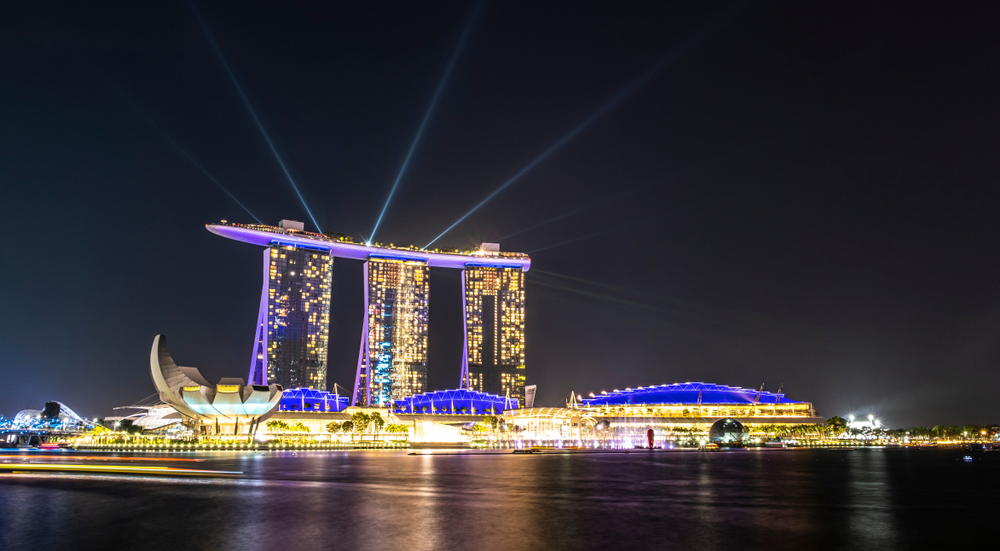The search for the missing Malaysia Airlines flight, MH370, has come to an end after almost three years.
The Joint Agency Coordination Centre (JACC), which had been leading the search effort in the Indian Ocean, said today that it had completed a sweep of the 120,000km² search area and would suspend all search operations. The search could resume in future if further information about the aircraft’s whereabouts comes to light.
“Despite every effort using the best science available, cutting-edge technology, as well as modelling and advice from highly skilled professionals who are the best in their field, unfortunately, the search has not been able to locate the aircraft,” the JACC said in a statement. “Accordingly, the underwater search for MH370 has been suspended. The decision to suspend the underwater search has not been taken lightly nor without sadness.”

Several pieces of wreckage have since washed up on coastline of Africa and islands including Reunion, Mauritius and Madagascar, confirming the widely-held belief that the aircraft crashed into the Indian Ocean. But the depth of the ocean, the difficult underwater terrain and uncertainty about the exact crash site have hindered the search effort.
No trace of the 239 people onboard the aircraft, or their belongings, has ever been discovered. And unless any further significant clues wash up in future, the disappearance of flight MH370 is likely to remain one of the world’s greatest mysteries.



 share
share










































